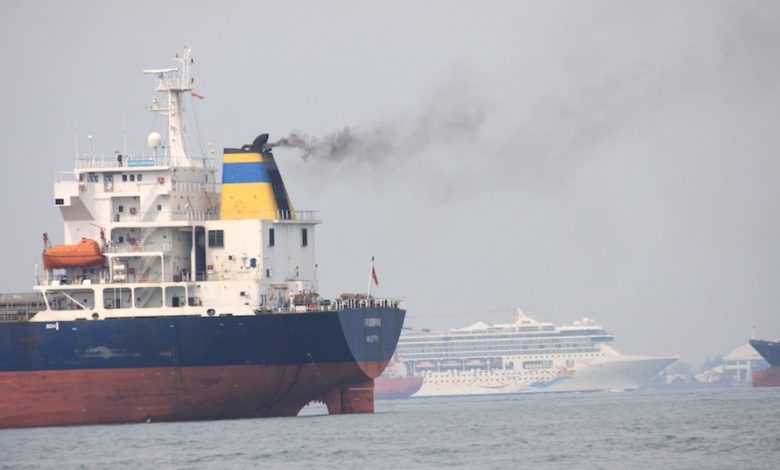How charterers subverted Marpol to bring us today’s scrubber chaos

Steve Nolan, technical director at Schulte Marine Concept in Shanghai, reckons he knows who’s to blame for today’s pre-sulphur cap confusion.
The International Maritime Organization (IMO) left a loophole when it came to Marpol legislation, which has been exploited by fans of scrubbers ever since.
As the take up for scrubbers increases and the debate continues I feel many are missing the point about how we got to this curious impasse with months to go until the global sulphur cap starts.
Marpol Annex I to Annex VI is all about saving the environment and whilst the Annex I to Annex V went through with little cost or impact there, they were all accepted. Annex VI however was initially accepted way back in 2008, but then reality struck and charterers have seen a way out of paying the expected higher fuel costs coming next year. It is the charterers, I believe, who are doing most of the pushing here and will jump ship when the charter party has gone or the circumstances change.
In my opinion, IMO made one big blunder when in 2015 instead of giving guidelines for exhaust gas cleaning systems the organisation should have carried out a full investigation with a view to banning or at least limiting their use. As time went by and IMO looked back it became too little too late and in fear of further backlash in 2018 the UN body allowed a bunker receipt formality instead of taking the opportunity to open an investigation with a view to at least limiting EGCS use.
The whole essence of the Marpol Annex I to VI is to save the environment long term and not bow to the pressures of others and start watering it down to allow people to line their pockets rather than protect the environment.
The debate on open-loop scrubbers washwater and the play with numbers of the EGCS being fitted is just that, a play. I have asked for the past 18 months for the chemists to show us engineers that the wash (waste) water is safe, it will be interesting to see the results. The numbers are in my opinion a game also. I am sure the various bodies around the globe are giving the figures as they receive them but then the figures don’t appear to add up. Yes, there is a huge increase in interest in the EGCS and with more and more acclaimed manufacturers taking up the suppliers position (we are seeing at least one a week over the past few months). However, what are the figures based on? What are the global fleet numbers that need the EGCS if they continue to use 3.5% fuels? I have seen figures as low as 35,000 vessels and as high as 60,000 vessels, where do all these vessels operate? The figures for the new tanker market appear particularly high for the ones we see working every day in the yards. Again in my opinion it is another distortion of the facts to favour one way or another depending on which side of the divide you are.
Has anyone done a meaningful study into the availability of fuels and what it will all mean five or seven years down the line? Why is the marine industry so narrow minded to look at the tomorrow and not look at the next year or two even? If we do a real in-house study will the 3.5% fuels be available as readily as the 0.5% fuels in four or five years and at what cost? Hard to predict, but one thing is for sure the charterers won’t care, the rules will change and the charterers will jump ship leaving shipowners with scrubbers and maintenance and weight and engines that cannot burn the lower 0.5% fuels without costly maintenance, then the backstreet boys will switch from offering scrubbers to converting engines.
Marpol Annex VI as it was written way back in 2008 was very clear in regulation 14.1.1./3 where in it clearly states the fuel used onboard should not be more than 0.1 and 0.5% sulphur. USE ONBOARD not carried, not cleaned, not to by-pass the rule. Over the years this has been allowed to be watered down to suit different means with guidelines for different ideas and then forms to allow you to submit if you cannot get the right fuels. In my opinion it’s all IMO bowing to pressures from third parties who appear to be more the charterers rather than the shipowners.
